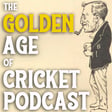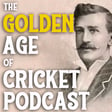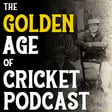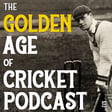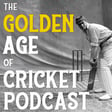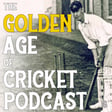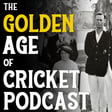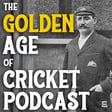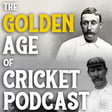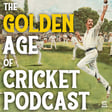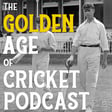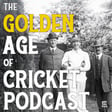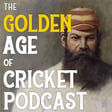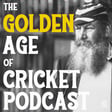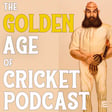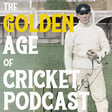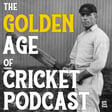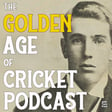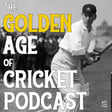
Harry & Albert Trott – Part 3 – with Rick Smith
In this final chapter to the discussion on the Trott brothers, biographer Rick Smith and host Tom Ford discuss Albert's decline in form, Harry's release from the asylum, the brothers' respective statistics, and their separate, tragic deaths.
DONATE: You can buy Tom Ford a coffee! Every donation helps with production and inspires Tom to keep the podcast going. You can donate from a little as $5. Visit: buymeacoffee.com/GoldenAgeOfCricket
ABOUT RICK SMITH: Rick Smith is a former A-Grade cricketer from Launceston who since his playing days, has been a cricket historian, writer and photographer. He is the author or co-author of more than 25 books and numerous articles on various aspects of cricket history, including Australian Test Cricketers and Great Days in Test Cricket. He has also written on various aspects of Tasmanian cricket and was co-author of the book Tigers Roar, celebrating the 150th anniversary of Cricket Tasmania. Rick’s book from 2010 Blighted Lives – the Story of Harry and Albert Trott won the Australian Cricket Society’s Literary Award, and he remains the only Tasmanian to have won this award.
CREDITS: Presenter & Producer: Tom Ford
All music used in podcast comes from the University of California Santa Barbara’s remarkable collection of wax cylinder’s from the late nineteenth and early twentieth centuries, which are free to download and use. You can donate to the upkeep of these recordings via their website.
